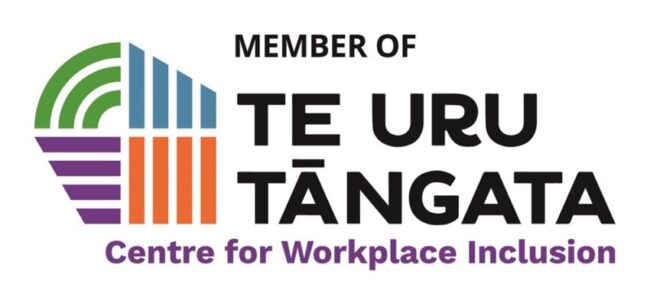While the threshold for overturning a Record of Settlement is high, a recent case highlights the importance of employers being mindful of mental capacity concerns when entering into settlement agreements.
As an employer, it is prudent to take a moment to assess whether the employee has any known medical conditions that could affect their capacity or is exhibiting signs of distress or confusion beyond the usual stress associated with employment matters.
If either situation is present, the employer should seriously consider the extent of these issues and whether it is appropriate to seek medical advice confirming the employee’s capacity to understand and enter into the Record of Settlement. This is particularly crucial where the employee is unrepresented, as any capacity concerns are less likely to be raised in such circumstances.
Background
Under Section 149 of the Employment Relations Act 2000 (Act) parties that settle an employment relationship problem may request a mediator from the Ministry of Business, Innovation and Employment to sign the agreed terms of settlement. Before signing the settlement, the mediator will explain to the parties the terms of the settlement are final and binding, cannot be cancelled and that the settlement cannot be subject to further litigation – except for enforcement purposes. The mediator must also be satisfied the parties fully understand the settlement terms before they will sign it.
The key benefit of having a mediator certify the terms of settlement is enforceability. Once a section 149 Record of Settlement has been signed by a mediator, if either party breaches the terms of the settlement, the other party can seek immediate enforcement through the Employment Relations Authority (Authority).
A Record of Settlement signed under section 149 of the Act will only be set aside in limited circumstances. One such circumstance arises when the employer had actual or constructive knowledge of the employee’s incapacity at the time the agreement was entered into, as affirmed by the Supreme Court in TUV v Chief of New Zealand Defence Force [2022] NZSC 69 (TUV).
INY v HYI [2024] NZERA 359
In a recent decision of the Authority, the former employee, INY, argued that they lacked capacity when a Record of Settlement was entered into and, because their employer knew of their lack of capacity, the Record of Settlement should be set aside.
The facts:
- In September 2021, INY suffered a serious workplace accident and spent time off work on ACC.
- Five months after the accident, in February 2022, HYI terminated INY’s employment for medical incapacity.
- In June 2022, INY received a full medical clearance.
- In July 2023, INY filed a Statement of Problem in the Authority, and the parties agreed to attend mediation in October 2023.
- Two days before the scheduled mediation, INY sent an email to HYI with a settlement offer. Both parties agreed to the terms, and a Record of Settlement was signed.
- On 19 October 2023, a mediator certified the Record of Settlement which means the mediator had confirmed both parties understood the terms of the settlement.
- In December 2024, INY applied to the Authority to have the Record of Settlement set aside.
- In applying the capacity test from TUV, Member Urlich found that, although INY had suffered a serious workplace accident and the effects of that injury may still be present, there was no evidence before the Authority indicating that INY was incapacitated at the time the settlement agreement was signed, or that HYI had any knowledge of such incapacity. HYI’s Manager gave evidence that INY showed no signs during their interactions, including in subsequent written communications, of lacking the mental capacity to enter into the agreement. A critical factor in this case was that INY had both initiated and actively participated in the settlement discussions.
- INY also expressed concerns about the absence of legal representation. It is important to note that the lack of legal advice is not a separate ground for overturning a Record of Settlement. The settlement included a provision confirming that both parties had the opportunity to seek legal advice. The Authority concluded that, in light of its determination regarding capacity, it was more likely than not that INY entered into the settlement with the understanding that they had a proper opportunity to obtain legal advice.




